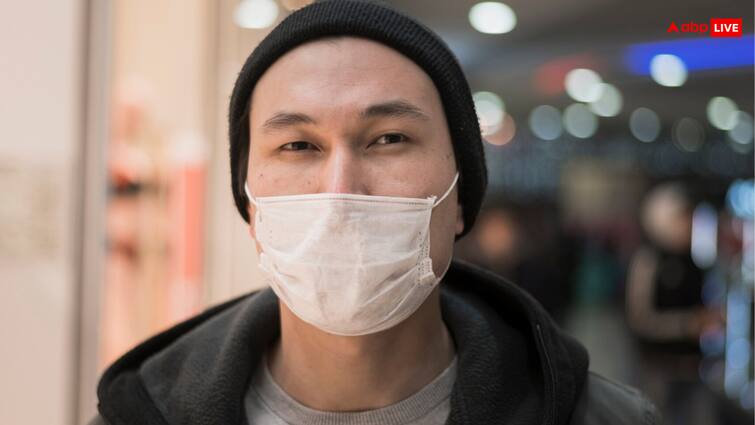The terror of a dangerous disease is spreading in Japan, which is "flesh eating bacteria" This is what is said. The cause of this disease is a dangerous bacteria, which becomes deadly by damaging body tissues. This bacteria particularly affects children under 15 years old and the elderly.
This disease is called streptococcal toxic shock syndrome (STSS). This bacteria causes symptoms such as swelling, sore throat, and severe pain in the body. If treatment is not received in time, this bacteria can kill a person within 48 hours. According to the Japanese National Institute of Infectious Diseases, about 1,000 cases of this disease have been recorded so far.
How is this bacteria spread?
This bacteria does not eat flesh directly, but kills body tissues, causing swelling and pain. It is called a flesh eater because it destroys body tissues. Infection with this bacteria causes necrosis (tissue death), which leads to serious problems, such as body irritation, difficulty breathing, and organ failure.
What are Japanese health authorities doing?
Japanese health authorities are closely monitoring the situation and all hospitals have been put on alert. Awareness campaigns are being conducted to warn the population of the dangers of this disease. Doctors estimate that by the end of this year, the number of deaths due to this disease could reach 30%.
How to prevent?
To avoid this disease, doctors advise people to wash their hands frequently, wear masks, and treat any open wounds immediately. Infection with this bacteria can spread from person to person, so caution is advised. This disease has now spread to some European countries, such as Great Britain, France, Ireland, the Netherlands, and Sweden, where children are most affected. . Be more influenced. Therefore, early identification and timely treatment of this disease is very important.
If you become infected, take these precautions
- Contact a doctor immediately: If you are infected with this bacteria, seek medical attention immediately. Serious complications can be avoided with early treatment.
- Wound care: Keep infected wounds clean and dry. Clean the wound frequently and use dressings recommended by your doctor.
- Maintain hygiene: Wash your hands regularly, especially when touching the wound. This will help prevent the spread of infection.
- Keep an eye out for symptoms: If you notice any progression of the infection, such as increased swelling, severe pain, or increased fever, tell your doctor immediately.
- Follow isolation: If advised by your doctor, stay isolated from others so that the infection does not spread further.
Disclaimer: Some information given in media about reports. Before implementing any suggestion, you should consult the relevant expert.
Read also:Everyone says broccoli is very beneficial, is it true?
